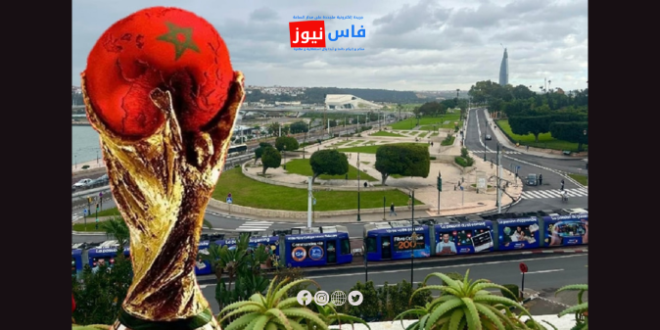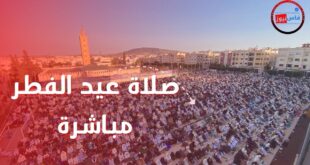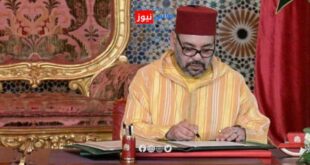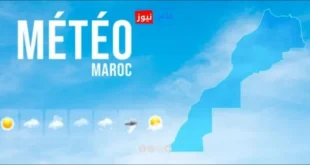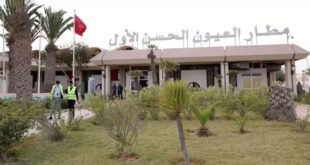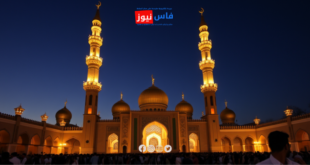As the 2030 FIFA World Cup approaches—a tournament set to be hosted across three continents (Africa, Europe, and South America) for the first time—there is growing interest in its impact on the host countries. Morocco, selected alongside Spain and Portugal as one of the host nations, sees this as a golden opportunity to develop football domestically and enhance its standing on the global stage.
Upgrading Sports Infrastructure
One of the most significant impacts of the 2030 World Cup on Morocco will be the advancement of sports infrastructure. The country is expected to undergo major improvements in stadiums and logistical facilities, aligning them with the latest international standards. This will not only allow Morocco to host top-tier teams and fans from around the world but will also leave a lasting legacy for future generations.
Beyond stadiums, investments in transportation, hotels, and other infrastructure will play a crucial role in boosting Morocco’s capacity to host major sporting events. According to FIFA, these investments are part of the country’s preparations, ensuring it is fully equipped to welcome global football events.
Developing Youth Academies and Training Programs
Hosting the 2030 World Cup is expected to provide a significant boost to football academies and youth programs across Morocco. By collaborating with international teams and leveraging global expertise, Morocco can improve training methods for young players and create a strong foundation for local talent development.
Additionally, the presence of teams and fans from different parts of the world will expose Moroccan players to diverse football cultures, contributing to an overall enhancement of the sport. The tournament is also likely to drive investment in other popular sports, including women’s football, which has been gaining increased attention both locally and internationally.
Major Economic Impact
The 2030 World Cup presents a tremendous opportunity to stimulate Morocco’s economy through tourism and commercial activities associated with the tournament. Economic reports suggest that the event could generate thousands of jobs across sectors such as hospitality, transportation, and retail. Local industries will benefit from increased demand for goods and services, providing a boost to the national economy.
Furthermore, hosting the World Cup will serve as a powerful marketing tool, positioning Morocco as a premier sports and tourism destination. This visibility is expected to attract foreign investments, which could also contribute to the development of other sports and related industries.
Elevating Morocco’s Global Standing
Morocco’s role as a co-host of the 2030 World Cup offers a unique opportunity to showcase its sporting capabilities on a global platform. The event will not only strengthen the country’s reputation in international sports but also highlight its commitment to sustainability and innovation in stadium development.
By organizing such a prestigious event, Morocco will solidify its position as a key player in African and Arab football. This will further establish the country as a major supporter of the sport and a leader in sports infrastructure and training programs.
Conclusion
The 2030 World Cup is set to have a transformative impact on Moroccan football. From upgrading sports infrastructure and enhancing youth development programs to boosting women’s football and driving economic growth, the tournament will bring long-term benefits. Moreover, it will position Morocco as a global sports hub, paving the way for further opportunities in international football. With strategic preparations, Morocco stands to gain immense advantages from this historic event.
Source: Fes News Media
 فاس نيوز ميديا جريدة الكترونية جهوية تعنى بشؤون و أخبار جهة فاس مكناس – متجددة على مدار الساعة
فاس نيوز ميديا جريدة الكترونية جهوية تعنى بشؤون و أخبار جهة فاس مكناس – متجددة على مدار الساعة

